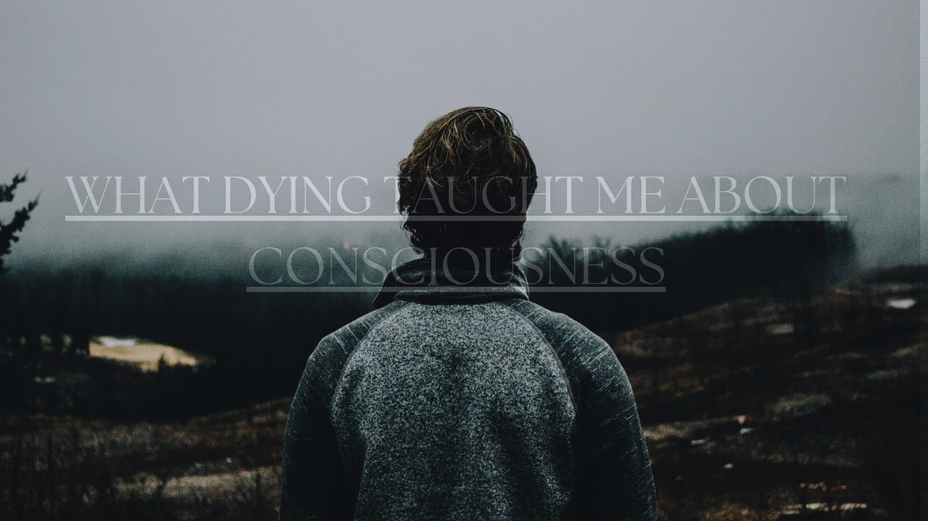Pain is Data: What I Didn't Understand Before BestGuessistan
Welcome
You find a place where no one can find you. Where no one can see you. You need the privacy to manage what’s happening inside your body and try to find language for the unrelenting pain. It sends messages you can’t decode. It wraps you in a world of deep discomfort where no one else can understand or share your burden. And it leaves you there, in that incomprehensible and inexplicable state. Waiting. Hoping. Trying. Anything.
Here at the Ministry of Sensory Calibration, we specialize in mixed signals: loud silences. Soft stabs. Discomfort you can’t quite locate.
We believe pain is a message—but not always a clear one. It may whisper. It may scream. It may feel like a riddle wrapped in muscle memory.
You’ve likely visited us before without realizing it. Maybe you mistook your migraine for a personality flaw. Maybe you powered through what should’ve powered you down.
That’s why we issue this guidance.
A Note from the Department
You probably grew up believing what a lot of us did:
That the mind is management, the body is labor.That your brain is the CEO issuing commands, and your body is the exhausted team scrambling to keep things running.That you can power through anything—sick, hurt, exhausted—as long as your mind stays sharp and in charge.
Maybe that belief even worked for you. Maybe it helped you survive.
But then something happened. A disruption. Maybe more than one.
A brain injury. Another kind of injury. A disorder. A diagnosis. A long, slow undoing you didn’t see coming.
Suddenly the team stopped responding. The CEO forgot the strategy. And the body started pushing back—taking back control you’d thought you owned. Taking back your voice, turning it into something unrecognizable. Taking back your will, your agency, your sense of self.
What You Start to Understand
The injury upends the system.Your brain wants control—but can’t deliver.
The disorder exploits the system.A twisted version of authority where the mind punishes the body to maintain power.
The slow-healing wound reveals the system.Proof that willpower isn’t a universal solvent.
You’re forced to reevaluate.You start seeing what was always there.
Pain isn’t just pain.Pain is data.And your brain’s been auto-deleting it like spam for years.
You begin to suspect the old beliefs are no longer serving you.That they may never have.
So You Recalibrate
You stop insisting the mind is the CEO.
You start experimenting with the idea that mind and body might be partners.
That maybe the mind isn’t supposed to dominate the body—but collaborate with it.
That healing isn’t about power. It’s about permission.
You give yourself permission to listen. To pause. To revise.
The Ministry Recommends
A gentle sensory reorg: light filters, soft fabrics, slower pacing.
A daily reminder: not all pain is visible. Not all pain is fixable. But all pain is real.
The hybrid survival model: mind and body co-leading as partners, each with their own days off.
This isn’t a one-and-done.This is a version update.
And it comes with bugs.
But here, in BestGuessistan, updates don’t need to be flawless.They just need to reflect where you are now.
You are not broken.You are rebalancing.


